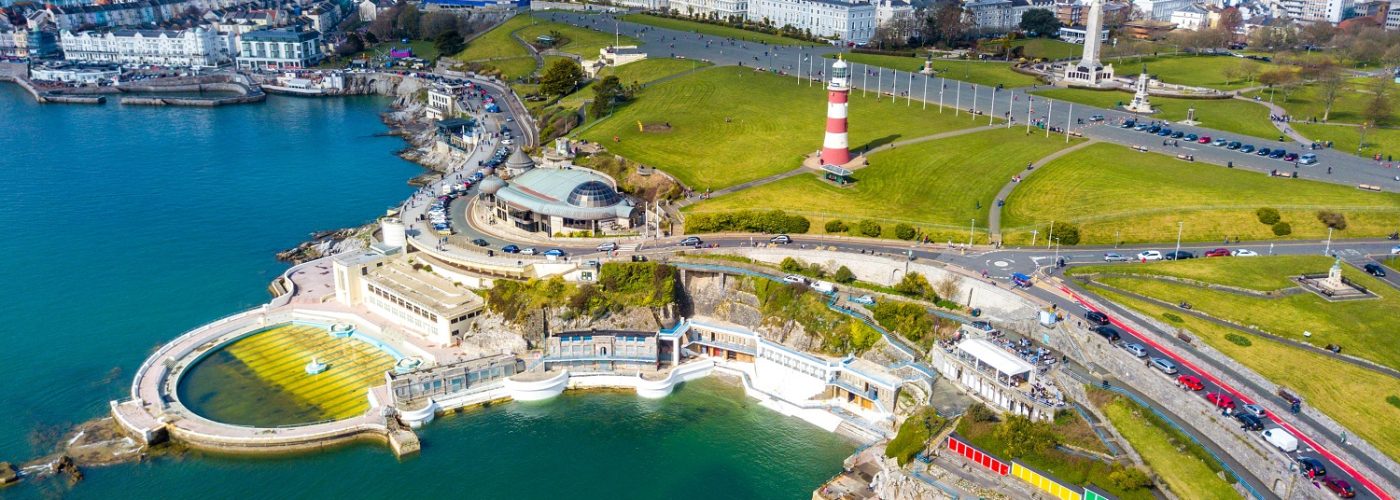Vital Energi are helping Plymouth City Council achieve their goal of a net zero city by 2030 by delivering carbon savings of just under 300 tonnes a year through the installation of advanced renewable energy technologies across five of their buildings and the combined law courts.
Low carbon heat will be delivered to six of Plymouth’s key city centre buildings, including Ballard House, Plymouth City Council’s 7-storey head office, Crownhill Court, Grade II* listed Victorian townhouse, Elliot Terrace, and the Guildhall, which is a Grade II listed building owned by the council, linked by a heat network to the Council House and Plymouth Combined Court. This is part one of a larger programme of decarbonisation by the Council.
The buildings currently rely on individual gas fired boilers for heat, which release combustion gases and carbon emissions to the atmosphere via a flue in each building. Vital Energi are providing the complete design, supply, delivery, installation, testing, commissioning, and monitoring for the installation of Air Source Heat Pumps (ASHP) which will be connected to the existing heating system.
ASHPs are one of the most effective technologies for reducing carbon. They absorb heat from the outside air, transfer it to a liquid and compress it to heat the temperature further. The heat is then transferred from the liquid to water and distributed throughout the network to provide heat to the connected buildings. ASHPs can still extract heat when air temperatures are as low as -15°c, which is far lower than Plymouth ever gets!
Vital Energi are also undertaking alterations to parts of the heating system pipework and controls within the existing building; this is to reduce the heating system operating temperatures to support the lower optimum ASHP operating temperatures and maximised efficiencies.
All four sites will be remotely monitored via a building management system (BMS) too, so performance can be monitored over time and amendments can be made to controls settings and software remotely.
Rob Callaghan, Managing Director of Vital Energi for the London and Southern Division, said:
“We are grateful to Plymouth City Council for giving us the opportunity to work in the team that is focused on carrying out this important retrofitting work to Plymouth public sector estate.”
Councillor Maddi Bridgeman, Cabinet member for the Environment and Street Scene, said:
“This is a huge step forward in plans to tackle the climate crisis and I’m really pleased we’ve been able to secure the funding.
“I know that for a lot of people out there, the Council changing how it heats its buildings isn’t ground-breaking news. But for us, it’s about setting an example.”
This project, which provides further opportunities to extend a heat network within Plymouth city centre as a comprehensive redevelopment programme to serve other developments in the future, received grant funding from the Public Sector Decarbonisation Scheme (PSDS), which is administered by Salix on behalf of the Government’s Department for Business Energy and Industrial Strategy (BEIS).





